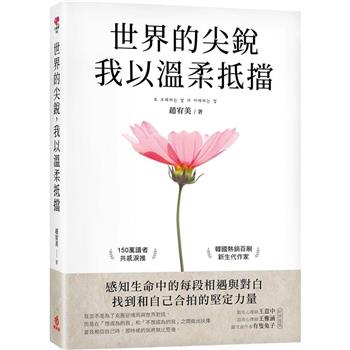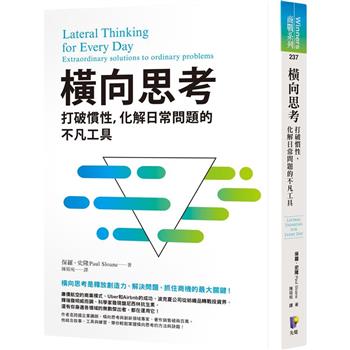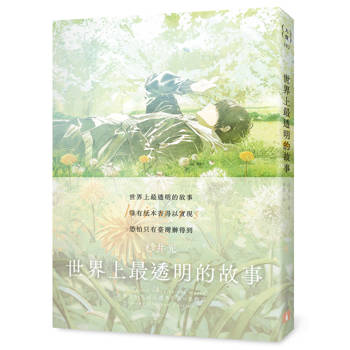This open access book analyses the convergence between ’post-truth’ political culture and the politics of populism. The premise is that there is an intrinsic link between post-truth discourse (referring to mis/disinformation, ’alternative facts’, ’fake news’, conspiracy theories and the general distrust of expert knowledge and official sources of information) and the central narrative of populism, which opposes the ’common sense’ wisdom of ordinary honest people to the ’expert knowledge’ of duplicitous technocratic elites. The book investigates the current post-truth phenomenon as a distinct feature of contemporary political life, and the specific ways in which it intersects with the resurgence of populism. While there has been a considerable literature on both post-truth and populism, they are largely treated as separate phenomena, and very little research has been conducted on their actual connection. The original contribution of this book to an emerging field of study is to develop a strong, coherent and empirically informed theoretical framework for understanding the specific paradigm of post-truth populism. The authors propose this paradigm as a way of interpreting different contemporary political phenomena, such as conspiracy theories, political destabilisation, and debates around immigration, the role of journalists and the media, climate change, gender and sexuality, Islam, and minority rights, as well as a way of understanding the threats and challenges this poses to the liberal democratic model and way of life.












